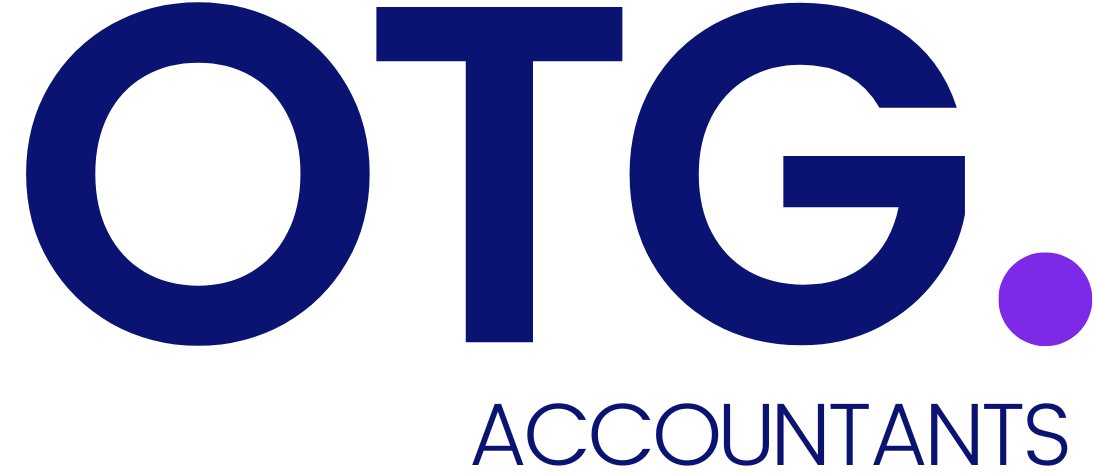What is entrepreneur’s relief?
Galexia Digital • February 1, 2019
If you’re a business owner planning to sell up or wind up your company, Entrepreneurs’ Relief can save you a small fortune on your tax bill.
Here are some facts and figures:
Entrepreneur’s relief is a reduced income tax rate for Shareholders who want to close their company and extract the cash in the most tax efficient way. Income tax is then paid on the self-assessment tax return for the tax year is which the company is closed. Each shareholder is entitled to the relevant shareholding proportion of their capital gains distribution.
The regular rate of Capital Gains Tax (CGT) is 20% for people paying more than the basic rate of income tax, however applying for Entrepreneurs’ Relief allows sellers to only pay a reduced rate of 10% on the disposal of shares.
Entrepreneurs’ Relief is subject to a lifetime allowance of £10 million for disposals on or after 6th April 2011.
Everyone is entitled to have £12,000 tax free Capital gains distribution (annual exemption allowance), but please note this rate is for 19/20 tax year and may vary from tax year to tax year.
Who can claim entrepreneur’s relief?
- Your company has to have traded for at least one full year.
- You hold at least 5% of the shares and voting rights for at least 12 months.
- You are a director, office holder or paid employee for at least 12 months.
Illustration
In our example, both individuals are closing through voluntary member’s liquidation but Laura is entitled to entrepreneur’s relief and Ben is not.
Please be aware there are restrictions of claiming Entrepreneurs relief more than once, please contact OnTheGo Accountants for a free consultation.
| Laura | Ben | |
|---|---|---|
| Eligible for Entrepreneurs’ Relief | Yes | No |
| Works full time and higher rate tax payer | Yes | Yes |
| 100% shareholder of their own company | Yes | Yes |
| Has £100k profits in the business | Yes | Yes |
| Entitled to annual exemption of £12,000 (2018/19) | Yes | Yes |
| Taxable capital gains (£100,000 – £12,000) | £88,000 | £88,000 |
| Tax rates | 10% | 20% |
| Capital gain tax payable | £8,800 | £17,600 |
| Take home | 91200 | £82,400 |

In the realm of employee share schemes, understanding the tax implications is crucial for both employers and employees. One significant aspect to consider is the Section 431 election, a provision under the UK's Income Tax (Earnings and Pensions) Act 2003. This election plays a pivotal role in determining how employment-related securities, particularly restricted shares, are taxed.

In today's rapidly evolving business environment, intangible assets have become central to a company's value and growth potential. Traditional accounting standards, however, have struggled to keep pace with the diverse and complex nature of these assets. Recognising this gap, the International Accounting Standards Board (IASB) and the UK Endorsement Board (UKEB) are embarking on a comprehensive review of IAS 38: Intangible Assets, a standard that has remained largely unchanged for over 26 years.



